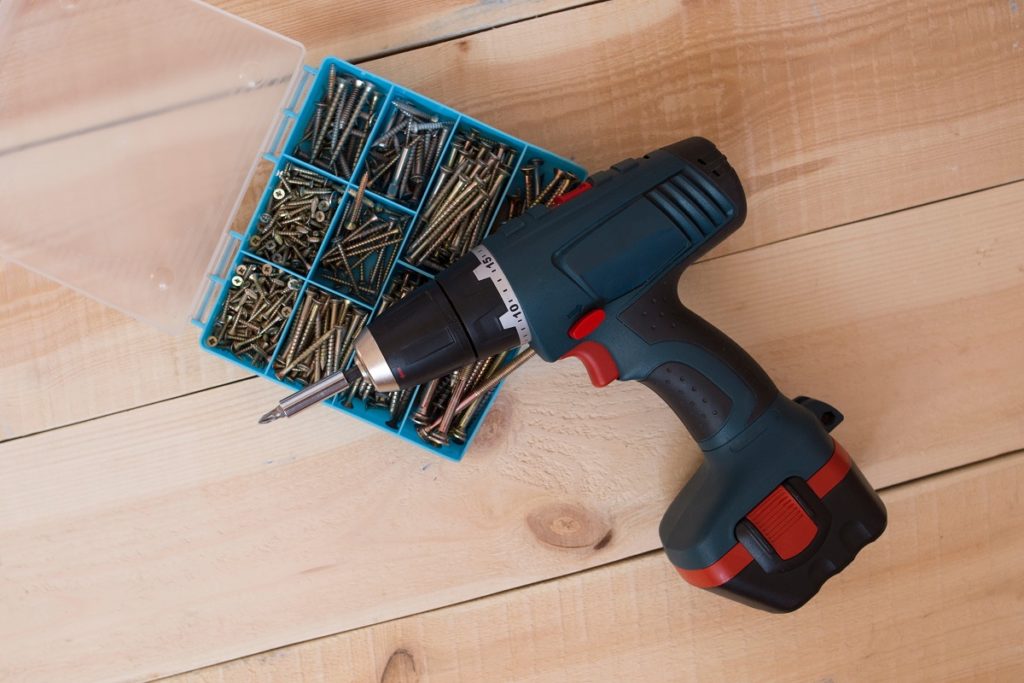Fasteners are one of the main components in countless types of applications across multiple industries, whether it’s in construction, industrial, or manufacturing. Needless to say, choosing the best kind of fastener for the job is the best way to end up with stellar results.
One of the main types of fasteners available today is self-drilling screws. If you’re not familiar with this material, here is everything you need to know about it:
What are self-drilling screws?
Self-drilling metal roofing screws have a drill bit point that can cut through sheet metal and steel, forgoing the need to make a pilot hole in the material. These fasteners are usually made from stainless steel or carbon steel, which makes them durable, strong, and perfect for drilling soft metals and timber.
You can find self-drilling screws with points ranging from 1 through 5. The higher the number, the thicker the material the screw can go through.
How does it compare to self-tapping and self-piercing screws?
Self-drilling screws are often compared with self-tapping and self-piercing screws. A self-tapping screw can cut its own thread as it is drilled into the material. This type of screw has a cutting edge, which opens a hole for the screw to enter and creates a tight fit between the threads. Because of this mechanism, loosening due to vibration is minimized, and parts can be disassembled if needed.
Unlike self-drilling screws, self-tapping screws need a pilot hole to drill through material. They are not interchangeable, which means doing so can create inconsistency in a project.
On the other hand, self-piercing screws are used to penetrate light metal at sharp angles. They are externally threaded, extremely durable screws that can fasten at 25 to 30-degree angles. Having said that, self-piercing screws are very different from self-drilling, since the latter cannot be drilled at very sharp angles.
What are the advantages of using self-drilling screws?
- Self-drilling screws are ideal for many types of applications because they provide the following advantages:
- Resistance to corrosion, acid, alkaline, and weathering
- Easy to install which helps save time and minimize labor
- Reduced preparation because there is no need to pre-drill
- Variety of colors, length, and head shape available for multiple applications
- Durable and can last for decades
- Has hard points and lead threads for tapping and drilling purposes
Tips when using self-drilling screws
- Make sure you have the right type of screw for the material you plan to fasten
- Never interchange self-tapping screws and self-drilling screws
- Buy good quality screws from a reliable seller; avoid buying cheap and poorly-made ones
- Drill a small pilot hole for harder materials so that the point can drill into the surface easier
- Avoid over-tightening the screw, doing so can weaken the screw and require you to re-drill
Self-drilling screws are the most efficient, cost-effective, and easy-to-use type of fasteners that are on the market today. If you have a project that entails fastening countless pieces of material together, self-drilling screws eliminate the need for pre-drilling, and will thus save you a lot of time and effort.

